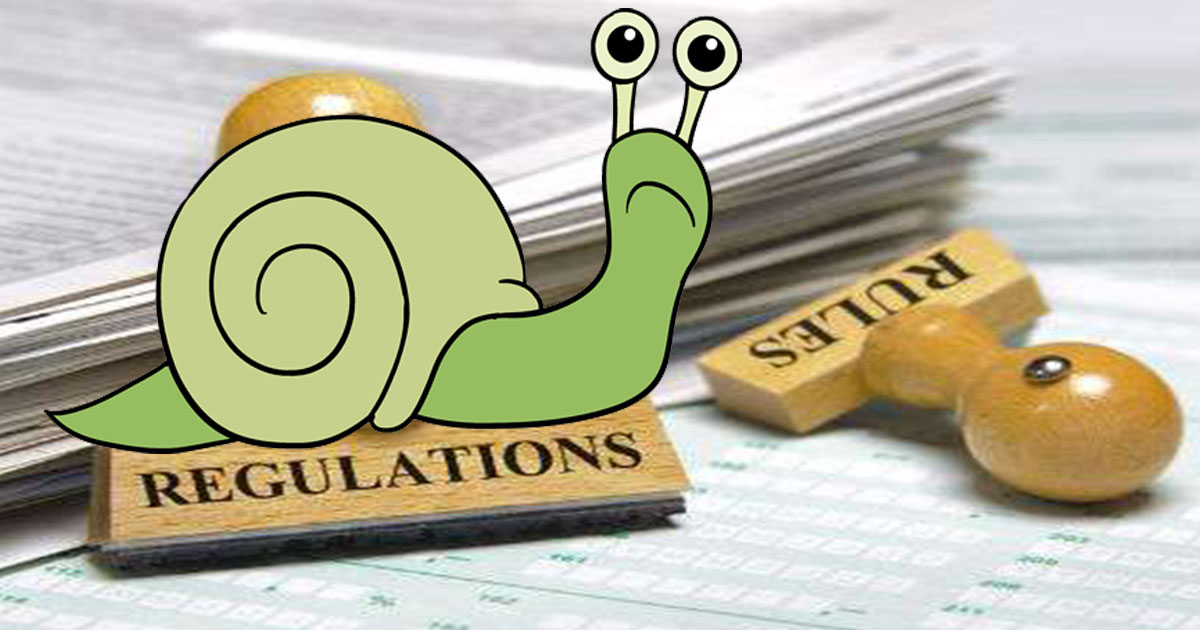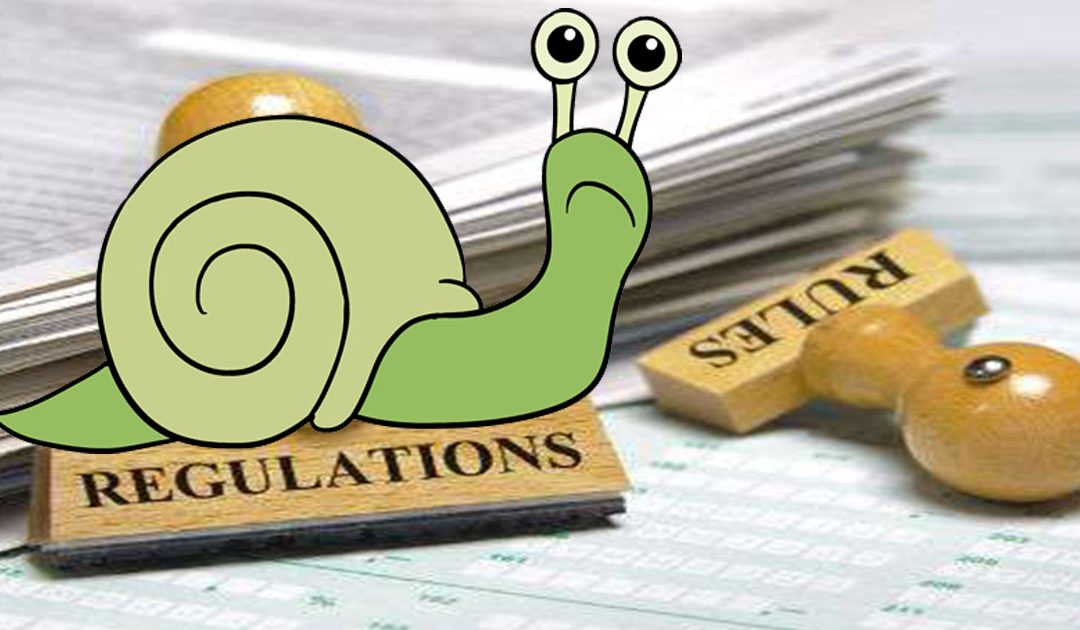
DEEMED REFUSALS OF AN APPLICATION FOR AN ENVIRONMENTAL PERMIT
KEY POINTS (UK)
What can an operator do if the regulator is dragging its feet on an application for an environmental permit? Perhaps it has no intention at all of granting the application, or perhaps it just does not have the know-how to determine the application within the time allowed? Can, or should, the operator bring matters to a head, and what are the main risks if it does so?
The Environmental Permitting Regulations 2016 contain relatively tight time limits for the determination of an application for a permit within England and Wales (three or four months in most cases, depending on whether public participation is involved). Similar rules apply within the legislation of Scotland and Northern Ireland.
The operator and the regulator can of course agree to extend the time allowed for a determination. However, in the current environment of cut-backs to the services provided by regulators, it is possible that the regulator’s decision will not be made within the time limit prescribed by the legislature. There may be other reasons why it looks as though the regulator’s decision will end up being postponed. For instance, the operator might start facing extensive requests for further information, or, following pre-application discussions, it may be clear that the regulator has little enthusiasm for the process involved. The regulator may not have ready access to the expertise required for a particularly novel application.
In these circumstances, the operator may need to make a judgment-call as to whether to let the process continue, or to bring to a head the issue of the regulator’s non-compliance with the relevant time-limit. Where the process involved is likely to give the operator a competitive edge, or where it is a reasonable assumption that the regulator will not issue the permit at all, then it may be better to challenge the non-determination.
This challenge is brought about by serving a notice of deemed refusal. This can be done at any time after the legislative date for the determination has passed. The effect is then to engage the prescribed independent procedure, managed by the Planning Inspectorate (in England), PEDW (in Wales), DPEA (in Scotland) or PAC (in Northern Ireland). In other words, the appeal process will be engaged, at the end of which, if the appeal is successful, the inspector has all the powers of the regulator and can direct the regulator to grant a permit. There is a long-stop of up to six months to start the appeal process (depending on the type of permit being sought).
The consequence of the initiation of an appeal is not that the regulator walks away from the process. The regulator will continue to engage, and the parties will continue to try and agree the points at issue between them. If necessary, the operator is likely to have to commission the services of an expert in order to help the inspector (for instance as to pollution risks or acoustics). The regulator will be under pressure.
It is important to note that if it comes to a full hearing, the inspector will not be making a determination as of the date of the service of the notice of deemed refusal (i.e. on the material available only as of that date). Since the inspector has all the powers of the regulator at the appeal, then he / she will have to consider the evidence presented at the hearing of the appeal. The inspector will have become the decision-maker.
It is sometimes forgotten that the Regulators’ Code itself should come to the aid of an operator (principle 1, for instance, being that “Regulators should carry out their activities in a way that supports those they regulate to comply and grow”). National regulators have their own codes of conduct which will also require the regulator to engage.
In many circumstances, therefore, there is much to be said for instigating an appeal against a deemed refusal. It is better to start the appeal process than to risk the determination being dragged on for far too long. The drawback is any extra cost, for instance in obtaining assistance with the wording for the commencement of the procedure, or in obtaining expert evidence to assist the inspector in the event of the failure of continuing negotiations (which then operator should always promote).
Costs are rarely awarded at a final appeal, but where a strong appeal package can be submitted in advance to the regulator, then this is likely to be an inducement to the regulator to concede the appeal when accompanied by a warning that an application for costs may be made to the independent tribunal. There is absolutely no reason why the operator and the regulator should not hold a meeting on a without prejudice basis to find a mutual solution to the apparent obstacles to the grant of the permit, and also to agree its terms.
Where there are strong commercial reasons for putting a little pressure on a regulator, there is much to be said for serving a notice of deemed refusal in the expectation that an environmental permit will be granted more quickly than it would be if the process is left to stall.
GORDON WIGNALL 14 June 2023
